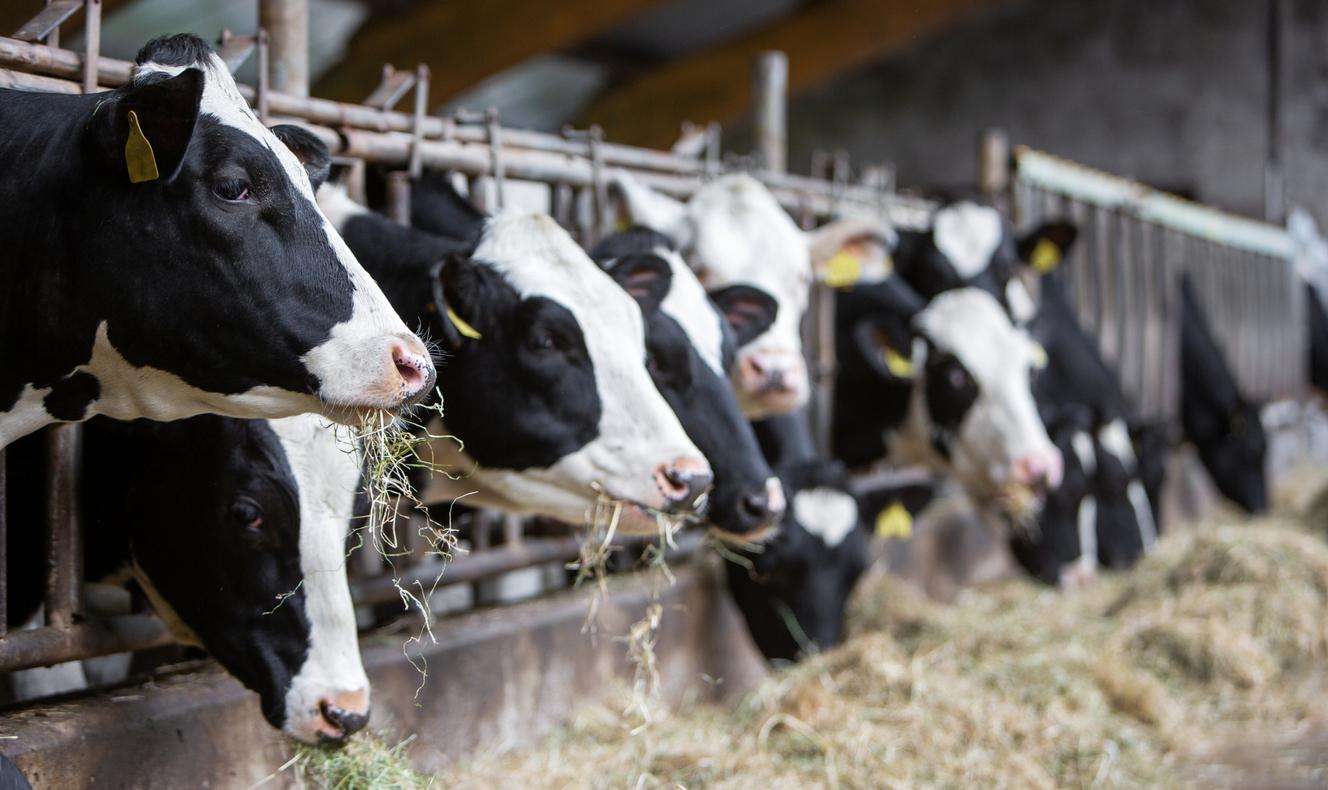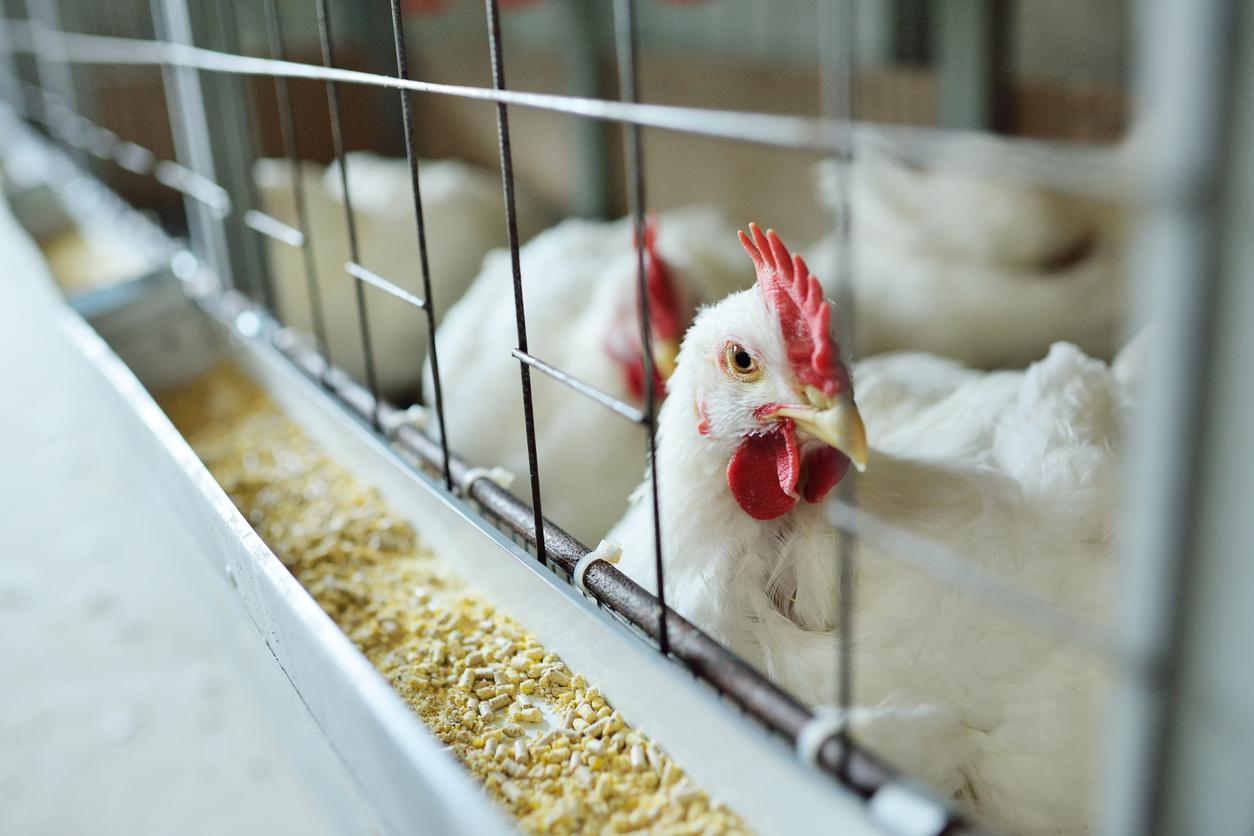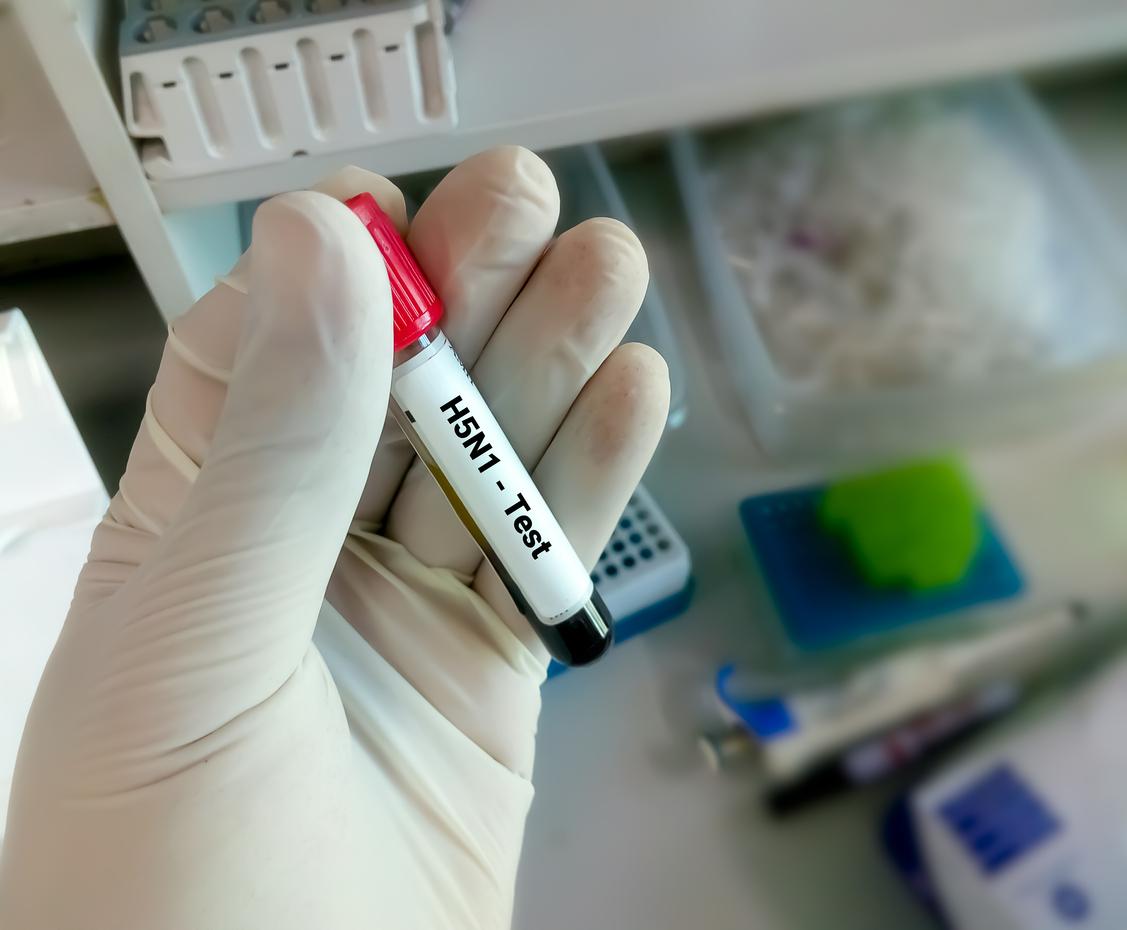In the United States, the avian influenza virus, H5N1, was discovered at high concentration levels in the milk of contaminated cows.

- The avian flu virus has been found at high concentration levels in the milk of contaminated cows.
- The WHO recommends consuming pasteurized milk and dairy products.
- Only one human case has been recorded in the United States: it was a farm worker, probably contaminated by milking machines.
You should drink pasteurized milk if you live in the United States. This is the recommendation of Dr Wenqing Zhang, head of the global influenza program at the World Health Organization (WHO). Friday April 19, during a press conference, this specialist announced that the avian flu virus had been found at high concentration levels in the milk of contaminated cows. Although for the moment, researchers do not know how long the virus can survive in raw milk, the WHO recommends that people consume pasteurized milk and dairy products.
Avian flu: a farm worker infected in the United States
“Today, several herds of cows are affected in a growing number of states in the United States, showing a new stage of spread of the virus towards mammals., notes Dr. Zhang. Since March 2024, infections have been reported in 29 herds, in eight different states. Thus, agricultural workers and anyone working on these farms are exposed to a risk of contamination.
On April 1, the United States notified WHO of a laboratory-confirmed human case of H5N1 in Texas. “This person worked on a dairy cattle farm, where they were exposed to cows suspected of being infected with the virus.”indicates the press release. This is the first human infected with avian flu via a cow. “So far, the H5N1 viruses identified in cows and the human case have remained avian viruses and have shown no increased adaptation to mammals.”, announces the WHO. The organization also recalls that human infections with the avian flu virus are rare. “Since 2003, nearly 900 human cases of H5N1 virus infection have been reported, she specifies. Infections in humans ranged from mild, even asymptomatic, to severe.” In the case of the American farm worker, the contamination caused “mild symptoms of conjunctivitis”.

Avian flu in cows: should we be concerned about the spread of the virus?
In answers to questions at his press conference, Dr. Wenqing Zhang said the man was likely contaminated by the milking devices. He cautions, however, that the WHO cannot predict whether spread of the virus to other cows in other countries is possible. “However, the virus crossed several continents via birdsshe warns. Vigilance is necessary, including monitoring of humans and animals.” If the virus first appeared in the mid-1990s, it has been hitting more and more birds since 2020.In addition to birds, increasing numbers of mammals have been affected, such as mink, seals, sea lions and foxes., explains the WHO. She calls on farmworkers and others in close contact with cows to take precautions in case the animals become infected. At the same time, she asks national authorities to remain vigilant. Any human infection must be reported promptly and biosecurity measures must be reinforced on farms.
















